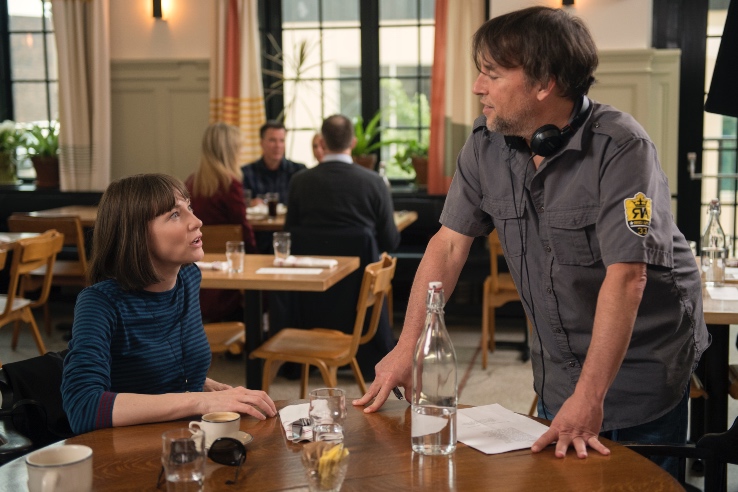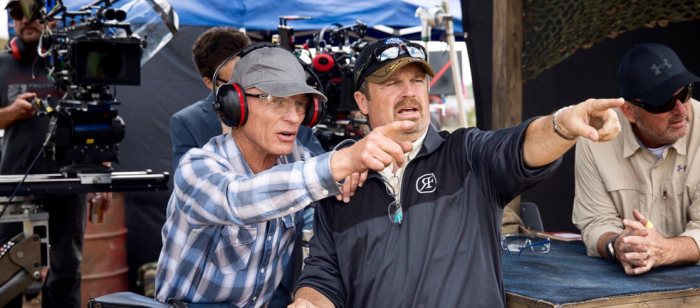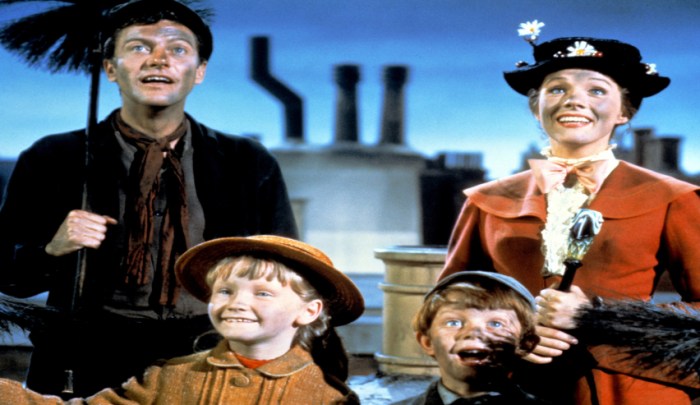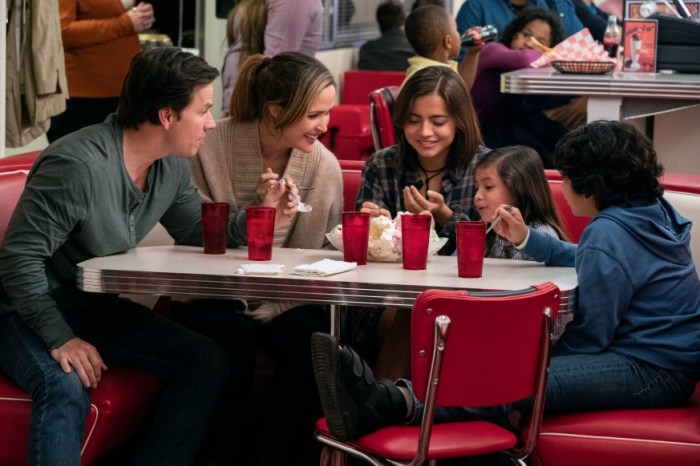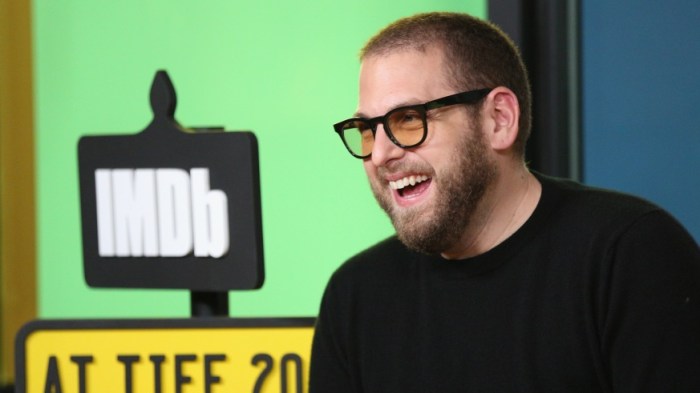As human beings, we all have outlets that are necessary for our survival. Whether it’s art, music, acting or writing, we all need something to throw our passions into and ultimately escape. So what happens when a creative person can’t create anymore? Director/writer Richard Linklater’s latest feature film, “Where’d You Go, Bernadette” explores just that.
Richard Linklater talks importance of creative outlets and inspiration behind “Where’d You Go, Bernadette”
“Where’d You Go, Bernadette” is based on the wildly popular 2012 novel by Maria Semple, and those who have read the book know just how intricate the storyline is—- essentially the pages are filled with letters, emails and notes instead of a formal narrative. That was Linklater’s first challenge when taking on this project—finding a way to make the hilariously real correspondence into a film. “You just have to pick your spots,” says Linklater. “The book is letters, emails, notes and it’s just completely hilarious. So the idea here was to just take what it’s about. It’s funny and quirky, but it’s also just straightforward story-telling. The audience is in a privileged spot where they always know whats going on even when the characters in the movie do not.”
The story itself is quirky and eclectic, yet so relatable. It follows the story of once-famed architect Bernadette Fox who shunned her creative outlet after a devastating mishap and moved to Seattle with her patient husband (Billy Crudup) and smartly charming daughter Bee (Emma Nelson). Bernadette deals with nosy neighbors (Kristin Wiig), conniving school moms (Zoe Chao), a Russian hacker, a ship full of Antarctic-bound passengers and more while on her journey of self-discovery.

The polarizing main character of Bernadette played by Cate Blanchett is not an easy nut to crack. Think of her as an enigma, wrapped up in brilliance, a frosty attitude and thick sunglasses. But even though Bernadette would rather keep people and the world in general out of her personal thoughts, there is still so much to unwrap. “There’s just so much utter complexity to Bernadette. I initially was intrigued by how the story woven around her reveals itself. I thought about what the story meant to me— an artist who’s not creating their art, longterm relationships, a portrait of a family, a mother and daughter relationship — all of that really resonated with me.”
Linklater is known for having his own directing style. He gathers his hand-picked cast together prior to filming to rehearse and get to know each other for about a month— which is quite uncommon in the film world. But to Linklater, it’s simply what works to get the most out of the characters. “I want to work with artists— people who have points of view and have a lot of themselves to bring to something. I’m not interested in puppetry or someone doing exactly what I say,” says Linklater. “I think the analogy is in the movie with Bernadette’s approach to architecture— she’s very instinctual and she says that she’s a problem solver. I feel that way with every film. I’m given the personalities I’m working with, and the cast that I’ve put together are the right people— so it’s just kind of like ok, what does this film want to be that exceeds my previous expectations? What new level can we reach that I couldn’t have imagined earlier? That’s what I’m going for with this.”
This approach has helped secure Linklater as a household name in the film world. But the real genius comes from his drive to let his actors create what they can with what they are given— and he is more than willing to listen.
“The good thing about engaging the actors and creative people is that they’re really invested— I want to work with people who care and go all-in on their characters and have strong opinions. A person going through life is like that, we all are pretty invested in ourselves whether we like it or not, and we have opinions on what we are doing. So I want the actors to own it. But I feel my way through every movie I do in that regard. This one especially, its just so complex and the storytelling was such a challenge in a way, it was just wonderful to see it come to life with these very intuitive actors. It’s a great group and we had fun too,” added Linklater.

One of the main points of the film is the fact that Bernadette loses herself when she finds she no longer has that creative outlet she once held so close to her heart. As a filmmaker, Linklater related. “That’s kind of the end of life for me— the day I stop wanting to create. I don’t know what I would be doing without a creative outlet. Once you accept that about yourself and you realize your art is your own therapy— it’s a deeper calling and it’s personal.”
“Where’d You Go, Bernadette” is heartwarming, heartwrenching, funny and real. But the real message stems from the innate desire we all have to be able to showcase our innermost wants, fears and pain through a creative outlet that is highly personal. “You’re a better example to people if you’ve followed your dreams and your passions than if you sacrifice for others— even though that’s an admirable quality,” says Linklater. “On one hand, I think a good example is someone who’s responsibly followed their passion and became the full person they’re meant to be, instead of thwarting it for other people or other reasons. That’s a hard balance. It’s the challenge every adult faces and every parent faces to different degrees. It’s the balancing act of all of those things. Like for Bernadette, I think she’s been focusing too much on other things and it’s time for her to get back on track with herself. That’s been the problem all along.”
“Where’d You Go, Bernadette” is now in theaters

